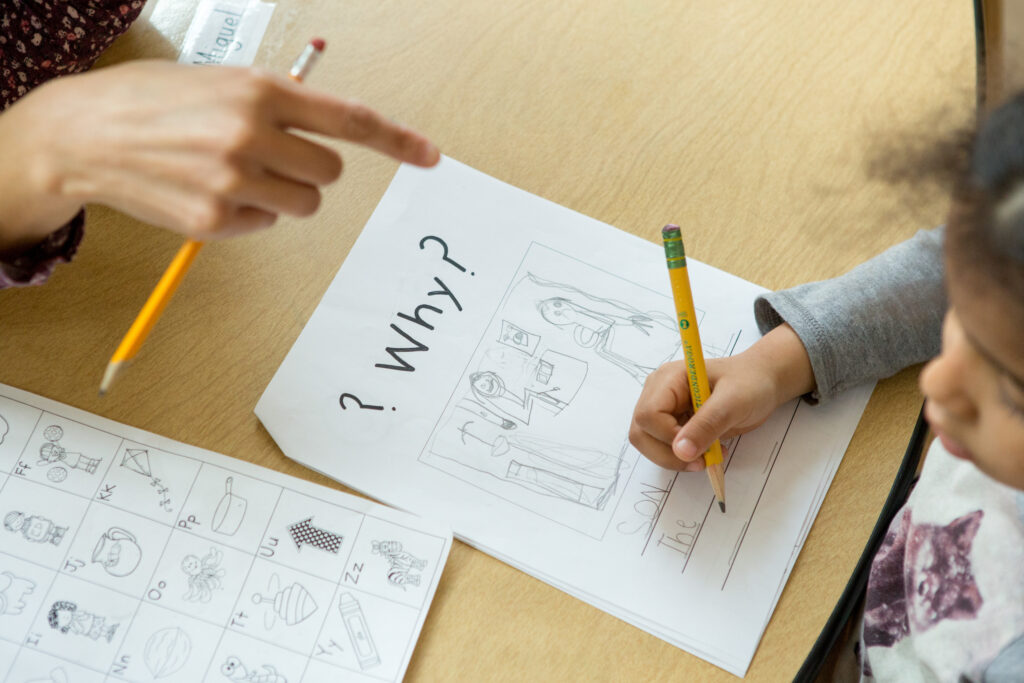Social media changes how we think. It shifts how we reason. What’s more, social media can affect our mental health, and there’s a good amount of evidence that it makes people more anxious and depressed.
How exactly tools like Facebook and Twitter shift our thinking and emotions remains somewhat unclear, but the mechanisms are slowly coming into sharper focus. This article looks at how social media changes how we think and feel, with an eye towards improving our relationship with social media.
Social media is a problem for almost everyone. Even the best and brightest can get pulled into the weak forms of reasoning that platforms like Twitter promote.
But on May 27, 2018, Jon Favreau screwed up. It was at the height of the outcry over the Trump administration’s policy of separating illegal immigrant parents from their children. So it was no surprise when Favreau, who had written eloquently for Obama on immigration issues, tweeted a photo of two young children asleep in what looked like a dog kennel.
The question is: Why? How could someone as smart, accomplished, and tech-savvy as Favreau commit such an error?
This means six in 10 people do not read the articles before sharing. At the very most, they check out the summary, if not just the headline. And, in turn, they help ratchet up the popularity of a post with each new share. In fact, most of the links, the researchers found, had originally been shared by regular Twitter users, not the news organizations — real or fake —themselves.
In many ways, the culprit here is the lightning-fast nature of Twitter and other social-media sites, whose revenue is wholly dependent on advertising. The continual flow of information is their lifeblood; the more people use Twitter and Facebook, and stay glued to its pages, the higher revenues climb.
This makes us all easy prey.
Social media affects mental health by affecting our reasoning, so before delving into some of the specific mental health effects, let’s look at reasoning itself. While social media, used wisely, can be a viable source of news and information, multiple studies show that it can also be bad for our thinking. It subtly warps our perceptions and reasoning, and can lead to errors in judgment like Favreau’s.
The easiest way to demonstrate how is to take note of the rewards our posts often elicit — the likes, the positive emojis, the dings, the comments, the GIFs, the confetti explosions. Every time we are rewarded in this way — and we can only reap these rewards by checking our pages regularly — something happens physically.
This combination of perverse reward structures, emotional appeals, echo chambers, and poor media literacy skill creates an environment where clear thinking and good reasoning become extremely difficult.
Social media clearly affects our thinking, but what are the overall effects of social media on mental health? It’s important to note that the research on the relationships between social media and mental health is by no means settled. More work needs to be done — and is being done by sociologists, cognitive scientists, and psychologists to determine more precisely how and how much social media affects mental health.
Overall, studies strongly suggest there are reasons to worry about the impact of social media. Large surveys of adolescents have found that heavy social media use is associated with lower psychological well-being, including serious disorders like depression and suicidal ideation.
Once locked into social media, it is difficult to escape. Let’s focus, for example, on body image. Studies show that adolescents and young adults, after viewing flattering photos of friends and celebrities on social media, tend to have negative feelings about their own physical attributes.
One extreme example is something called “Snapchat dysmorphia,” which prompts people to seek plastic surgery either to correct what they consider physical flaws or look more, in real life, as they do in their best selfies. In a poll conducted by the American Academy of Facial Plastic and Reconstructive Surgeons in 2017, 55 percent of facial plastic surgeons reported seeing patients requesting these fixes, up from just 13 percent the year before.
As these studies suggest, emotions may be one of the main mechanisms by which social media produces such harmful mental health effects. Comparing ourselves to others — especially if we’re already depressed or prone to mood disorders — can be a very harmful exercise. Of course, posts on Facebook and other social media sites don’t represent anything like an accurate representation of reality, but we easily lose sight of this fact when we’re scrolling down our feeds.
It’s also worth pointing out that social media is, of course, not the only factor that might be contributing to increases in poor mental health outcomes. (For example, other possible contributing reasons include increased economic precarity or the ongoing de-stigmatization of mental health issues.)
While the evidence is still coming in, it’s clear that there is a connection between social media use, poor reasoning, and poor mental health outcomes. So what is to be done?
But all these adjustments will mean less revenue for these platforms. There are, therefore, very definite limits to what can be expected from platforms like Facebook and Twitter. More promising and sustainable solutions involve education in how to use social media in a healthy and productive fashion.
It’s worth pointing out at the outset that people with serious underlying mental health problems that are exacerbated by social media will benefit most from seeking professional help. But for many people struggling to contain the impact of social media on their lives can, there’s a lot of small steps that can help.
Below, I outline three ways critical thinking can help keep social media in check.
Organization is crucial in dealing with these distraction-rich environments. Start by deciding on what amount of social media consumption and posting you want to engage in a given day, and then schedule a time to do it. It may feel strange at first to schedule your leisure time like this, but when you get in the habit, you’ll find that you’ll actually enjoy social media use more. When you’ve limited your consumption, you won’t feel guilty or like you should be doing something else.
It’s important to spend time with people face-to-face (when safe), as well as to participate in outdoor and offline activities and hobbies. Given work constraints, especially during the pandemic, many of us are forced to spend a lot of time online. That means we must be more vigilant about building-in screen-free leisure time. Take up a new sport, improve your cooking skills, learn how to build furniture. These kinds of hands-on, engaging activities are absolutely vital to maintaining and strengthening mental health. Finally, take stock of your information-gathering habits and make some changes if needed. You might, for example, be well served by taking out a print subscription and getting some of your information outside the context of distorting online environments.
The challenges to our mental health, political judgment, and citizenship posed by social media and the internet more broadly are quite serious. The last four years of American politics — and other worldwide political upheavals — have certainly shown us that. But they are not insurmountable. Recognition of the problem, and patient, intentional steps toward remediating it can help, both in our own lives and in our societies as a whole.
In the meantime, I suggest taking baby steps. Yes, hindsight is 20/20, but in Jon Favreau’s case, the fix was at his fingertips — the link he provided in his original tweet. A quick click would have informed him that those photos were taken in 2014, not 2018. And more than likely, he would have not chosen, at that moment, to tweet. Perhaps he would have searched for a current photo or simply made a statement that could be read as opinion, not fact.
If Favreau had taken these simple steps, he might have avoided propagating fake news — and, in turn, adding a brick to the political wall that divides so many




